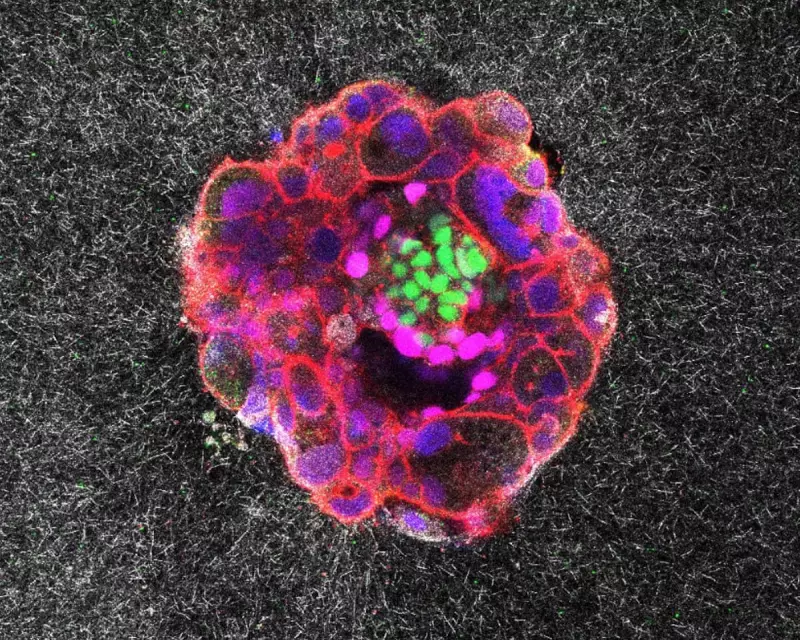
In a landmark achievement, researchers have captured the first-ever footage of a human embryo implanting into the uterus—a pivotal moment in early pregnancy that has remained largely mysterious until now.
The breakthrough, achieved using advanced imaging techniques, provides an unprecedented glimpse into the earliest stages of human development. Scientists believe this discovery could revolutionise fertility treatments and improve understanding of recurrent miscarriages.
A Window into the Womb
The footage reveals the intricate process by which the tiny embryo, barely visible to the naked eye, attaches itself to the uterine lining. This critical step, known as implantation, marks the true beginning of pregnancy.
"Seeing this process in real-time is nothing short of extraordinary," said Dr. Eleanor Whitmore, lead researcher on the project. "For decades, we've had to infer what happens during implantation based on animal studies and static images. Now we can observe the human process directly."
Potential Impact on Fertility Treatments
The discovery has significant implications for in vitro fertilisation (IVF) treatments. Approximately 50% of IVF failures occur during the implantation phase, and this new insight could help identify why some embryos fail to attach.
Researchers noted several surprising findings:
- The embryo appears to actively "explore" the uterine wall before attaching
- Implantation involves complex biochemical communication between embryo and uterus
- The process takes significantly longer than previously estimated
Ethical Considerations
While the scientific community has hailed this as a major breakthrough, some ethicists have raised questions about the research methods. The embryos used were at a very early stage and would not have been viable outside the womb.
"This research was conducted with full ethical approval and strict oversight," assured Professor James Harrington, a bioethics specialist involved in the study. "The knowledge gained could help countless couples struggling with infertility."
The team plans to continue their research, hoping to uncover more secrets of early human development that could lead to improved fertility treatments and better understanding of pregnancy complications.





